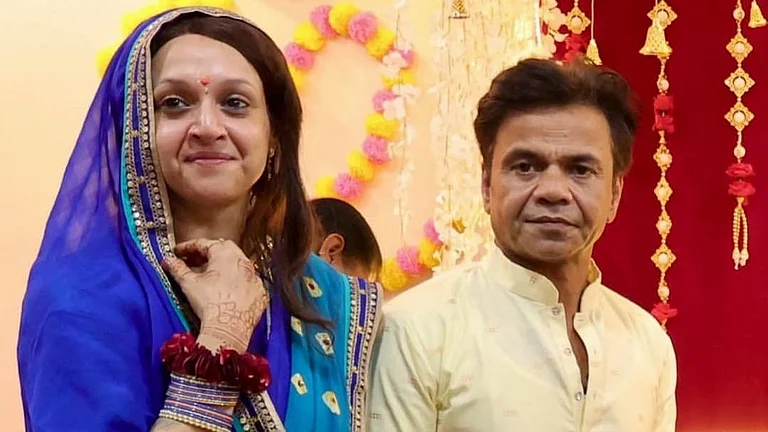Holding that the electoral bond scheme for political funding of parties contributes to clean money, Attorney General R Venkataramani has told the Supreme Court that citizens do not have the right to information under Article 19(1)(a) of the Constitution regarding the source of funds.
The Attorney General's statements came right ahead of the commencement of the October 31 hearing of a batch of pleas challenging the validity of the electoral bond scheme for political funding of parties. A five-judge constitution bench headed by CJI Chandrachud will be hearing the pleas including those filed by Congress leader Jaya Thakur and the CPI(M).
The other members of the bench are justices Sanjiv Khanna, BR Gavai, JB Pardiwala and Manoj Misra.
What all did the Attrorney General say?
According to Venkataramani's official statement, there can be no general right to know "anything and everything" without being subjected to reasonable restrictions.
"The scheme in question extends the benefit of confidentiality to the contributor. It ensures and promotes clean money being contributed. It ensures abiding by tax obligations. Thus, it does not fall foul of any existing right," the AG told the apex court.
The top court law officer said the power of judicial review is not about scanning state policies for the purposes of suggesting better or different prescriptions.
"A constitutional court reviews state action only if it impinges upon existing rights and not because State action has not provided for a possible right or an expectation howsoever desirable," he said.
"That contribution to political parties has democratic significance and a fit subject for political debate and demand of governance accountability free from influences does not mean that the court will proceed to declare on such matters in the absence of a clear constitutionally offending law," Venkataramani said.
About the electoral bond scheme
The electoral bond scheme, which was notified by the government on January 2, 2018, was pitched as an alternative to cash donations made to political parties as part of efforts to bring in transparency in political funding.
According to the provisions of the scheme, electoral bonds may be purchased by any citizen of India or entity incorporated or established in India. An individual can buy electoral bonds, either singly or jointly with other individuals.
On January 20, 2020, the apex court had refused to grant interim stay on the 2018 Electoral Bonds Scheme and sought responses of the Centre and the Election Commission to an interim application by the NGO seeking a stay on the scheme.
Only political parties registered under Section 29A of the Representation of the People Act, 1951 and which secured not less than one per cent of votes polled in the last general election to Lok Sabha or the legislative assembly of the state are eligible to receive electoral bonds.
According to the notification, electoral bonds shall be encashed by an eligible political party only through an account with an authorised bank.
The apex court had in April 2019 also declined to stay the Electoral Bond Scheme and made it clear that it will accord an in-depth hearing on the pleas as the Centre and the EC have raised "weighty issues" having "tremendous bearing on the sanctity of the electoral process in the country".
The Centre and the EC had earlier taken contrary stands in the court over political funding, with the government wanting to maintain the anonymity of donors and the poll panel batting for revealing their names for the sake of transparency.


























